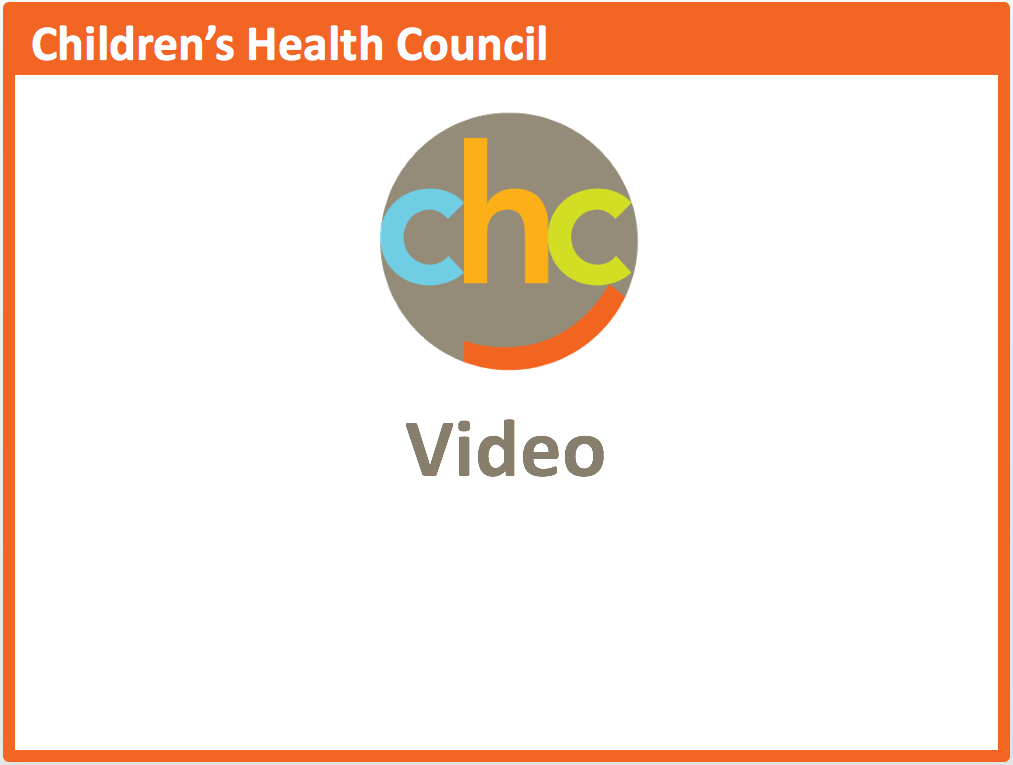 For procrastinators, chunking is a useful strategy for breaking down large assignments into smaller, easier-to-tackle tasks. A project like a book report can be daunting for a struggling reader or writer. Work with your child to create manageable deadlines for finishing parts of the book and the report itself. After each small chunk of reading, have your child summarize what he read. Not only will your child learn important skills for managing large projects, but he’ll understand that each small step leads up to a bigger accomplishment.
For procrastinators, chunking is a useful strategy for breaking down large assignments into smaller, easier-to-tackle tasks. A project like a book report can be daunting for a struggling reader or writer. Work with your child to create manageable deadlines for finishing parts of the book and the report itself. After each small chunk of reading, have your child summarize what he read. Not only will your child learn important skills for managing large projects, but he’ll understand that each small step leads up to a bigger accomplishment.
Visually organizing information is another useful strategy. After finishing a chunk of reading, have your child create a summary with a visual organizer by making a table with five columns and labeling them “who,” “what,” “when,” “where” and “why.” Categorizing the information he’s just read will help your student identify salient pieces of information and he can use these summaries later when putting together his report.
For subjects like math where kids can have difficulty understanding concepts, multi-sensory strategies that engage their tactile, visual and auditory senses can enhance learning. For example, if your child is having trouble with multiplication, show him how to multiply by nines using his fingers.* Enhance his visual and tactile experience by using stickers to label his fingers 1-10 (starting from the left pinky to the right). Eventually he won’t need to use stickers, count aloud or pause during the process to note the ones and tens value. The process will be mentally ingrained and he’ll understand the concept.
These are only a few of the many strategies for helping your child succeed in school. If you find that your child’s academic struggles become a common occurrence and he avoids schoolwork, he may be struggling with a larger learning difference. Statements like “I’m too dumb to do this,” “I’m the worst student in the class” or “I studied but the teacher made the test too hard” can be signs that your student needs more help than you can provide. A tutor can help with standard academic struggles in specific subject areas, but when learning differences are present, an educational specialist is better equipped to support your child’s unique needs. An educational specialist can identify areas where your child needs help mastering the basics and can provide strategies for learning problems like dyslexia.
School is not always easy but giving your child strategies to succeed is the first step in helping him on his path to academic success.
If you have concerns about your child or teen, CHC Care Coordinators can arrange a free 30-minute consultation so you can explore options with an expert. We invite you to call or email us at 650.688.3625 or careteam@stage.chconline.org to set up an initial Parent Consultation appointment. CHC teletherapy services are available now.





